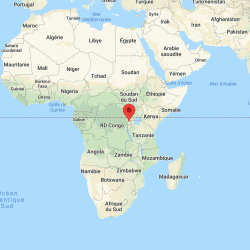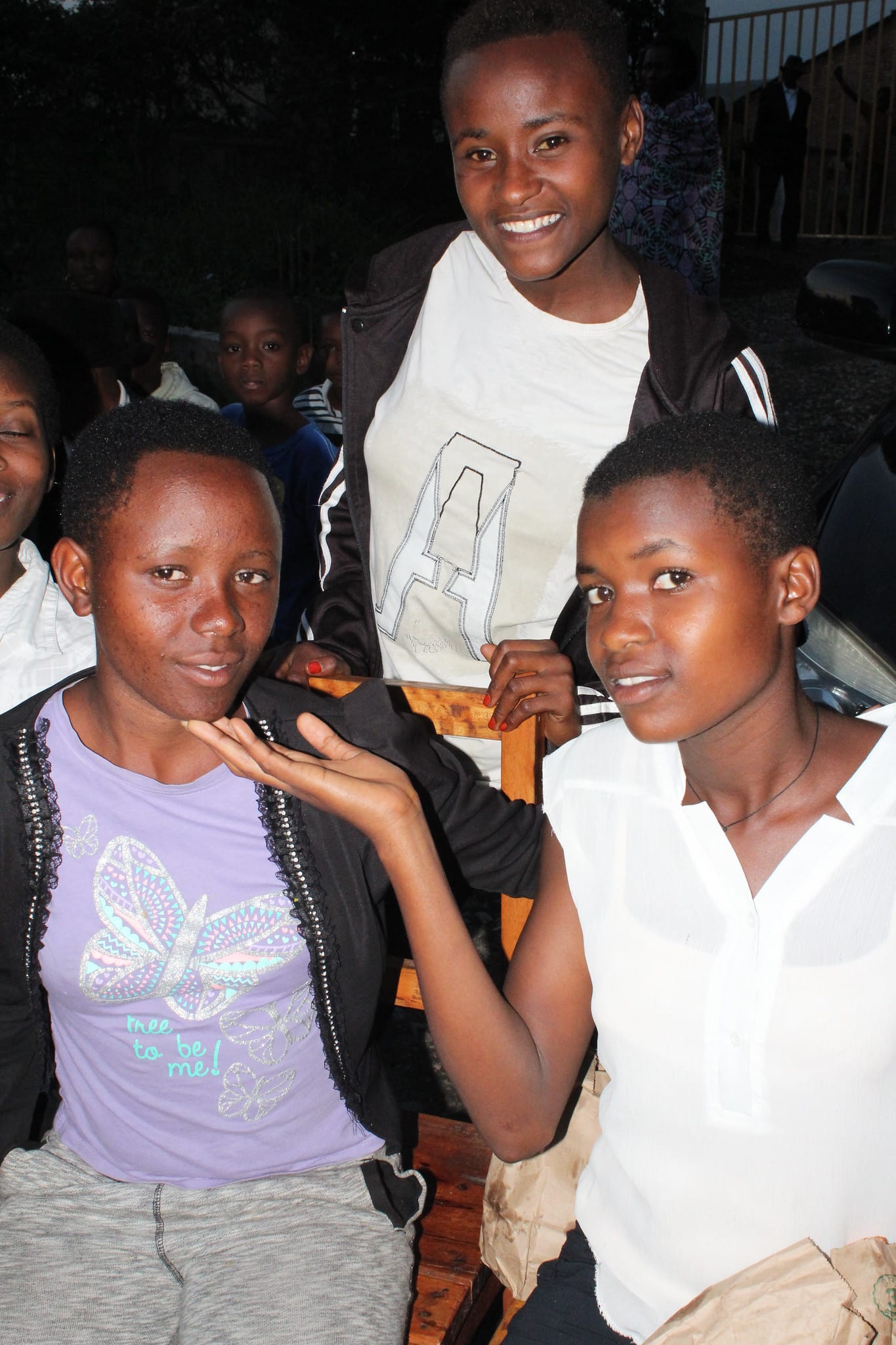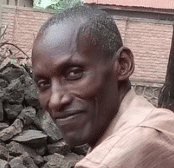Context
Rwanda is still affected by the 1994 genocide, during which nearly one million Tutsis were massacred. The democratically elected Rwandan Patriotic Front gradually restored order, security and then civil service and ensured the stability of the country.
Rwanda was one of the few countries that had been able to achieve most of the United Nations Millennium Development Goals. Substantial progress has been made in poverty reduction, education and HIV prevention.
Despite these successes, Rwanda is still a poor country, ranked 158th out of 189 by the latest UNDP Human Development Index in 2018. It faces significant development challenges. Chronic malnutrition, poor infrastructure, lack of access to electricity, early childhood development, child mortality, the quality of education and the prevention of violence against children all require sustained attention.
Our action
Known locally as Sugira Muryango and conducted in partnership with the Boston College in the districts of Ngoma, Nyanza and Rubavu, this ambitious early childhood development programme – aiming to train 10,000 parents by 2022 – offers 12 interactive modules, spread over several months, covering topics such as :
- health,
- nutrition,
- hygiene,
- family conflict resolution,
- violence between partners,
- communication within the family,
- importance of the role and participation of fathers in the upbringing and well-being of their children, and options to fight severe punishment.


